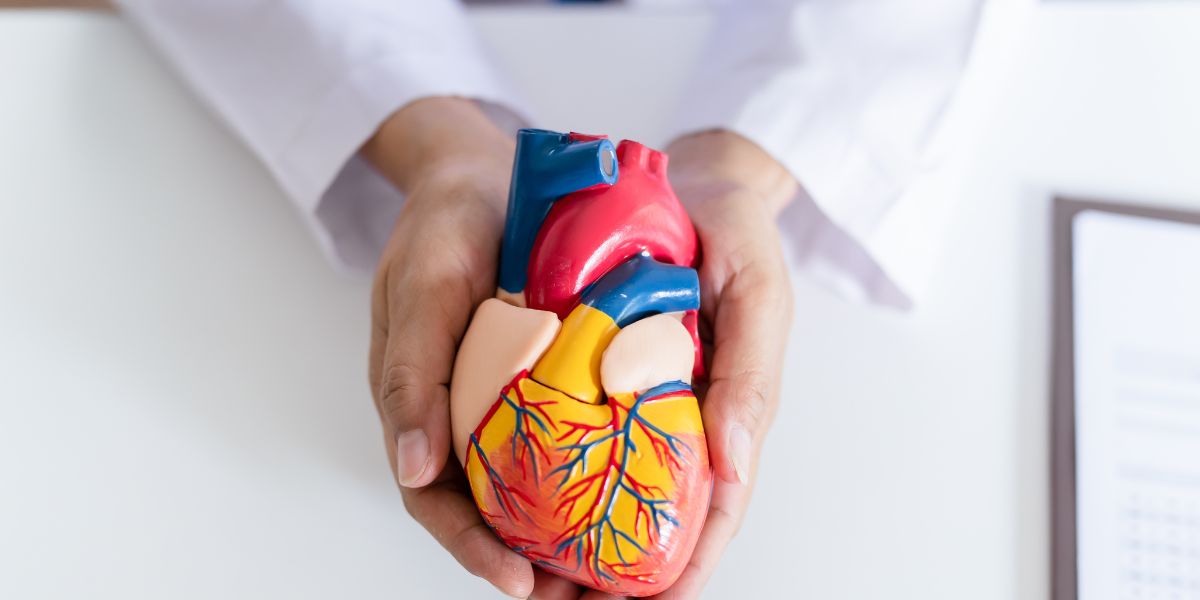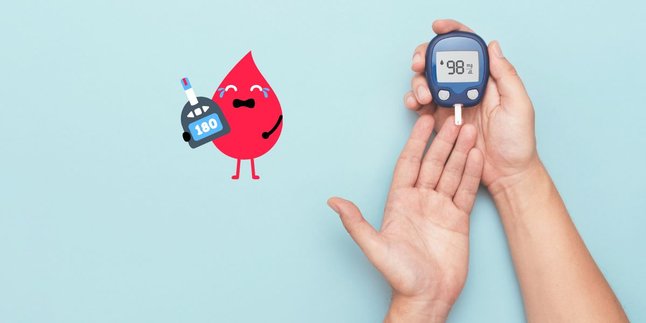Kapanlagi.com - Heart disease is one of the leading causes of death worldwide, making it a health issue that requires serious attention. Various factors can trigger the onset of this disease, ranging from unhealthy lifestyles, poor eating habits, to genetic factors.
With the increasing prevalence of heart disease, it is important for the public to understand the causes, symptoms, and preventive measures that can be taken to maintain heart health. Preventing heart disease involves not only medical treatment but also significant lifestyle changes. Adopting a balanced diet, exercising regularly, and managing stress are steps that can help maintain heart health.
Education about heart disease and the importance of regular health check-ups is also crucial for early detection of problems, so that appropriate treatment can be administered before the condition becomes more serious. With awareness and appropriate action, the risk of heart disease can be minimized, and the quality of life of the community can be improved, reported Kapanlagi.com from various sources, Friday (20/12).
1. Common Symptoms of Heart Problems
Recognizing the signs of heart problems is very important for heart health. Symptoms to watch out for include radiating chest pain, shortness of breath, palpitations, excessive fatigue, dizziness, swelling in the legs and abdomen, as well as cold sweats and changes in skin color.
Symptoms can vary between individuals, and some people may not show any symptoms at all. Therefore, regular check-ups and awareness of risk factors are very important.
If you experience these symptoms, especially with a family history of heart disease, consult a doctor immediately. Early detection can improve quality of life.
2. Specific Symptoms Based on the Type of Heart Disease
Each type of heart disease has unique symptoms that are important to recognize for effective management. Coronary heart disease is typically characterized by chest pain, shortness of breath, and fatigue.
Heart failure can cause shortness of breath at rest and swelling in the legs and abdomen. Arrhythmia is marked by palpitations, dizziness, or chest pain. Heart valve disease and cardiomyopathy also show symptoms such as shortness of breath and extreme fatigue.
These symptoms can overlap, so regular check-ups and consultations with a doctor are very important, especially for those with risk factors. Early identification of heart disease can improve quality of life and prognosis.
3. Causes of Heart Disease
Heart disease, which is dangerous to health, is caused by various factors that can be both controllable and uncontrollable. The main causes include atherosclerosis, hypertension, infections, congenital abnormalities, metabolic disorders such as diabetes, and chronic inflammation.
Oxidative stress and genetic factors also play a role. In addition, unhealthy lifestyles such as smoking, excessive alcohol consumption, unbalanced diets, and lack of physical activity are significant triggers that need to be watched out for. Recognizing these causes is important for effectively preventing and managing heart disease.
4. Risk Factors for Heart Disease
Identifying risk factors for heart disease is important for prevention and management.
Risks are divided into two groups: those that can be changed (such as hypertension, high cholesterol, smoking, obesity, diabetes, lack of physical activity, unhealthy diet, stress, and excessive alcohol consumption) and those that cannot be changed (such as age, gender, family history, and ethnicity).
Understanding and addressing these factors is crucial for heart health. Consult with a doctor for risk evaluation and appropriate prevention strategies.
5. Diagnosis of Heart Disease
The diagnosis of heart disease involves a series of thorough examinations and tests. The process begins with anamnesis to explore symptoms and medical history, followed by a physical examination that includes measuring blood pressure and listening to heartbeats.
Laboratory tests such as lipid profiles and cardiac markers, as well as electrocardiograms (ECG) and echocardiograms, provide further information about heart health.
Stress tests and Holter monitors help detect hidden problems, while procedures like coronary angiography and cardiac CT scans reveal conditions of the arteries.
Early detection is crucial; if experiencing suspicious symptoms or having high risk, consult a doctor immediately to improve quality of life and prognosis.
6. Treatment of Heart Disease
The treatment of heart disease aims to reduce symptoms, slow disease progression, and prevent complications. The process involves lifestyle changes, such as quitting smoking and adopting a healthy diet, as well as pharmacological therapy.
There are also minimally invasive procedures and advanced surgeries. Cardiac rehabilitation and innovations like stem cell therapy offer new hope.
Management of risk factors and psychological support are important for a comprehensive treatment plan. Adherence to the plan and communication with the medical team are key to successfully maintaining heart health.
7. Heart Disease Prevention
Preventing heart disease is important for cardiovascular health. Steps that can be taken include a healthy diet with plenty of fruits, vegetables, and plant-based proteins, while limiting saturated fats and sugars.
Regular exercise for at least 150 minutes per week, maintaining an ideal weight, quitting smoking, and limiting alcohol consumption are also crucial. Managing stress, getting enough sleep, and regularly checking your health are highly recommended.
Educating yourself and your family about heart disease is also important. If you have high-risk factors, consult with a doctor for an appropriate prevention plan. These steps not only prevent disease but also improve quality of life.
8. Lifestyle Changes for Heart Health
Adopting a healthy lifestyle is important for maintaining heart health and preventing cardiovascular disease. Small changes such as consuming more fruits, vegetables, whole grains, and healthy protein sources like fish and legumes can reduce the risk of heart disease.
Additionally, regular exercise, managing stress, and getting enough sleep are also crucial. Quitting smoking and limiting alcohol can help maintain heart health. This process of change is gradual, so start now and consult with experts for appropriate guidance!
9. When Should You See a Doctor?
(kpl/rao)
Disclaimer: This translation from Bahasa Indonesia to English has been generated by Artificial Intelligence.












